WASHINGTON – Today, the U.S. Supreme Court issued a disappointing 5-4 decision in the Texas racial gerrymandering case: Abbott v. Perez, which challenged the state’s legislative and Congressional districts as unconstitutional. The Court found that only one of the state’s legislative districts crossed the line into a racial gerrymander, approving the rest of the maps for the November election. The U.S. District Court in Texas that previously heard the case found the maps to be unconstitutional in a 3-0 decision.
This morning, the Supreme Court also announced that it would not hear Rucho v. Common Cause, a North Carolina partisan gerrymandering case, in its fall term, sending the case back to district court for further consideration. This decision to remand the case to lower court means that there will not be a partisan gerrymander case on the Supreme Court’s docket, leaving the constitutionality of the issue unresolved for the near future.
“The Supreme Court’s position on gerrymandering this term will only encourage entrenched politicians to manipulate the maps in 2021, cementing their mistaken belief that their personal and party gain outweighs the constitutional rights of the American people,” said Jeff Raines, Communications and Engagement Director of CHANGE Illinois. “It’s clear that we can’t rely on the courts to save us from this nefarious political practice. It’s going to take people power to end gerrymandering in Illinois and around the country.”
On the last page of her 46-page dissent for the minority, Justice Sonia Sotomayor stated, “The Court today does great damage to that right of equal opportunity. Not because it denies the existence of that right, but because it refuses its enforcement. The Court intervenes when no intervention is authorized and blinds itself to the overwhelming factual record…”
Despite these disappointing decisions, the Supreme Court will not be able to stop current momentum to challenge individual state maps.
In 2018 alone, the Pennsylvania supreme court threw out the state’s Congressional maps and last month, Ohio voters approved a redistricting reform ballot initiative for the Buckeye State’s Congressional maps.
Additionally, just a few weeks ago, the Congressional maps in Alabama, Georgia, and Louisiana were challenged as unconstitutional racial gerrymanders.
Finally, late last week, Michigan’s fair maps coalition, Voters Not Politicians, successfully placed their ballot initiative on the November ballot, joining Utah and Colorado. Missouri’s 2018 ballot measure is pending approval.
